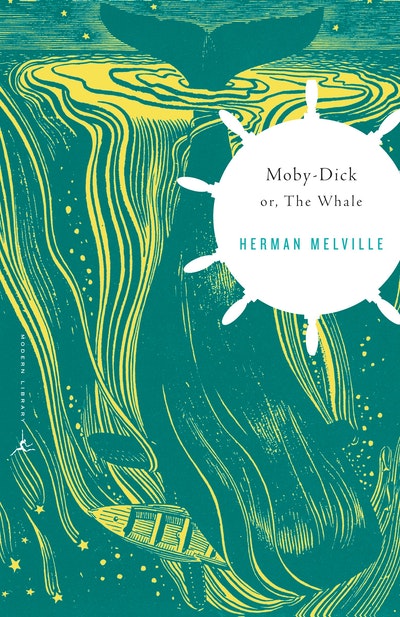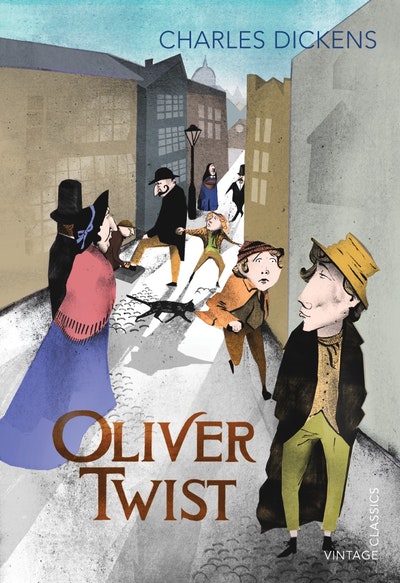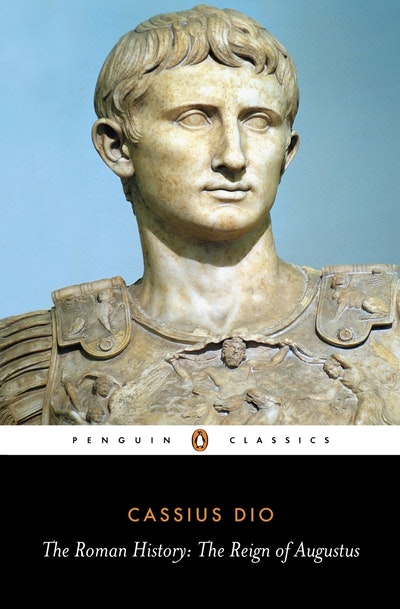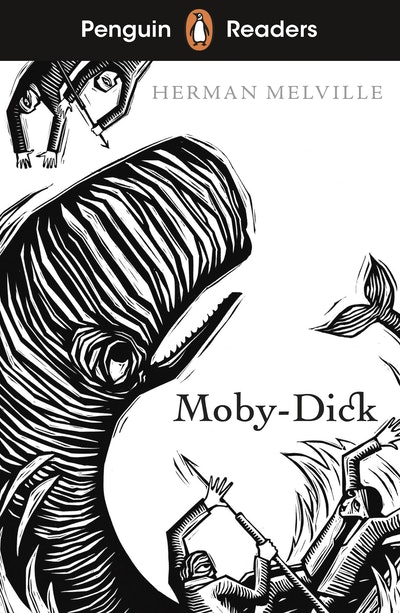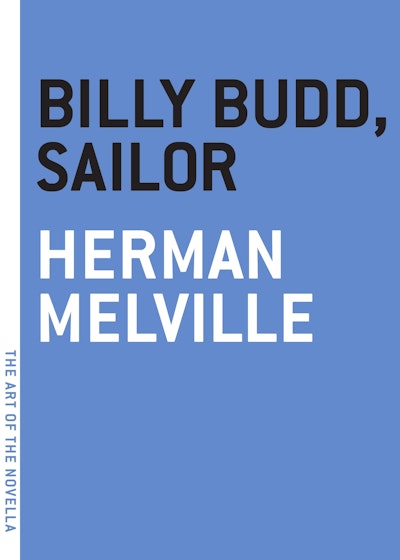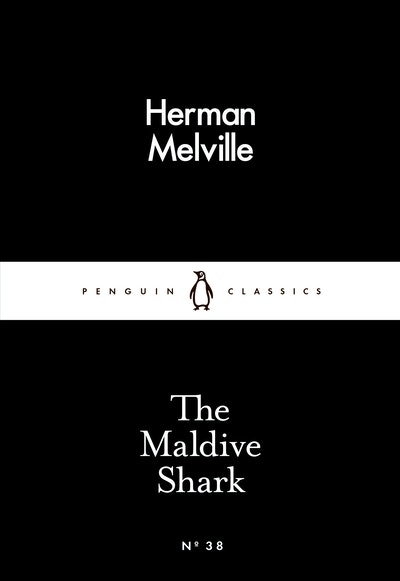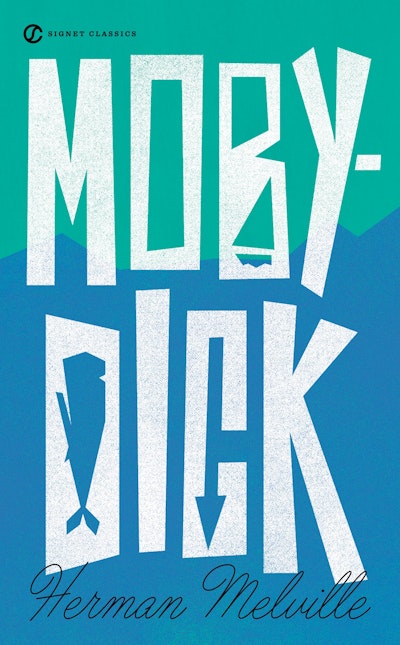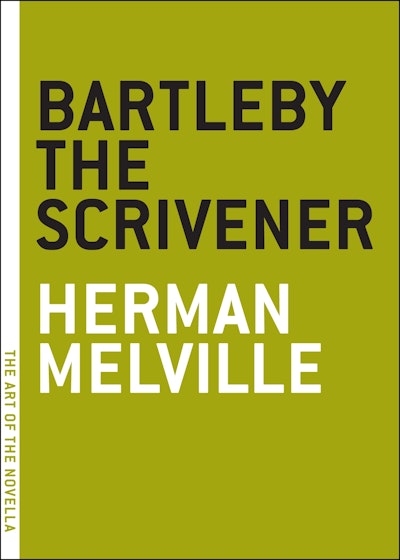- Published: 15 December 2000
- ISBN: 9780679783275
- Imprint: Random House US Group
- Format: Paperback
- Pages: 896
- RRP: $42.99
Moby-Dick
Launching a major new paperback series: Penguin English Library
Introduction by Elizabeth Hardwick
Illustrations by Rockwell Kent
Nominated as one of America’s best-loved novels by PBS’s The Great American Read
First published in 1851, Herman Melville’s masterpiece is, in Elizabeth Hardwick’s words, “the greatest novel in American literature.” The saga of Captain Ahab and his monomaniacal pursuit of the white whale remains a peerless adventure story but one full of mythic grandeur, poetic majesty, and symbolic power. Filtered through the consciousness of the novel’s narrator, Ishmael, Moby-Dick draws us into a universe full of fascinating characters and stories, from the noble cannibal Queequeg to the natural history of whales, while reaching existential depths that excite debate and contemplation to this day.
- Published: 15 December 2000
- ISBN: 9780679783275
- Imprint: Random House US Group
- Format: Paperback
- Pages: 896
- RRP: $42.99
Other books in the series
Related titles
Praise for Moby-Dick
"Responsive to the shaping forces of his age as only men of passionate imagination are, even Melville can hardly have been fully aware of how symbolical an American hero he had fashioned in Ahab."
